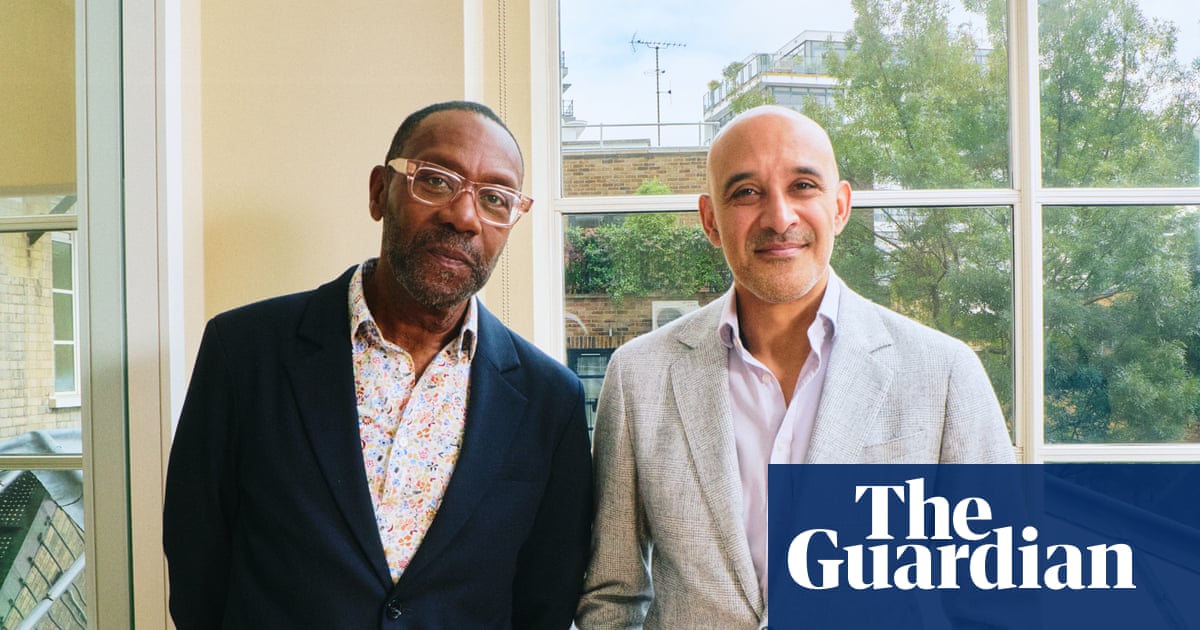
"It's always been part of the Black dialogue, but in terms of me thinking about it with Lenny, it was 2014 right? You might not remember this Lenny it's like we're a married couple Lenny Henry: We should be on Mr and Mrs. MR: It was 2014 and Lenny and I were putting together the idea of diversity tax breaks, for if you meet certain inclusion criteria in television or film production. And Lenny called me up and said: This is reparations."
"Then they announced that they had finished [paying off the debt for compensating] the ex-slave owners in 2015. We'd been paying it off too. So the descendants of slaves were paying for their enslavement. And a lot of people in the Black community were like, as African Americans would say: Ain't that some shit? There was kind of a raised eyebrow and a depressed, Well, what can you do? And we thought, We should do something about this."
"LH: My concept was, gimme some money. I'm joking, but I kept thinking, is somebody gonna give me a couple of mil? Because I know where I'm gonna live. MR: You wanted a hot tub. LH: I wanted the hot tub! But once you start to break it down, it goes beyond getting a cash refund for slavery. It becomes about social engineering,"
Lenny Henry and Marcus Ryder investigate reparations in light of the British government completing payments compensating slave owners in 2015. The completion meant descendants of enslaved people effectively helped finance those compensations. The conversations moved reparations beyond simple cash payouts toward systemic measures such as targeted economic policies, inclusion incentives and social engineering. Early proposals included diversity tax breaks tied to inclusion criteria in television and film production. Economists, politicians and race-relations experts contributed practical policy ideas. Candid personal reflections and humour accompanied debates over realistic expectations, priorities and mechanisms to deliver reparative justice.
Read at www.theguardian.com
Unable to calculate read time
Collection
[
|
...
]